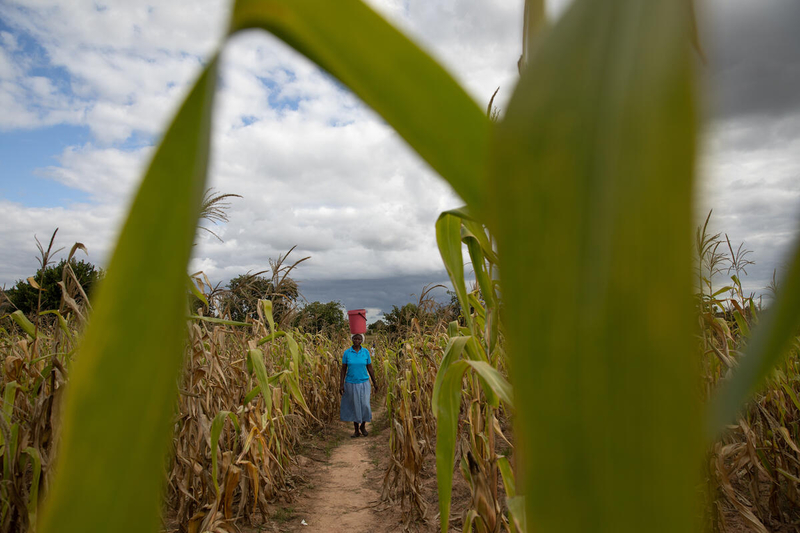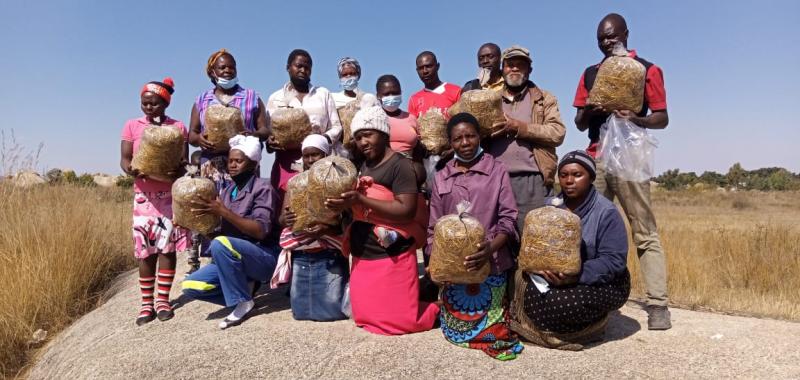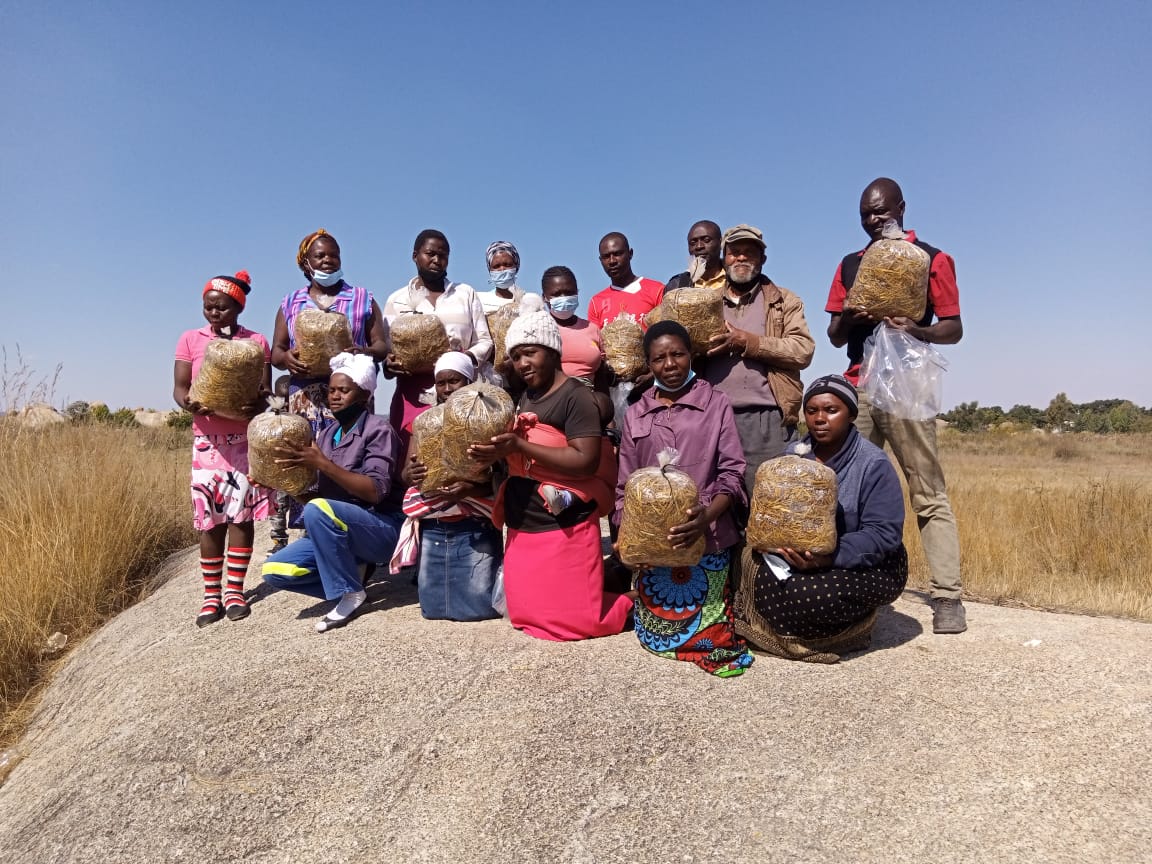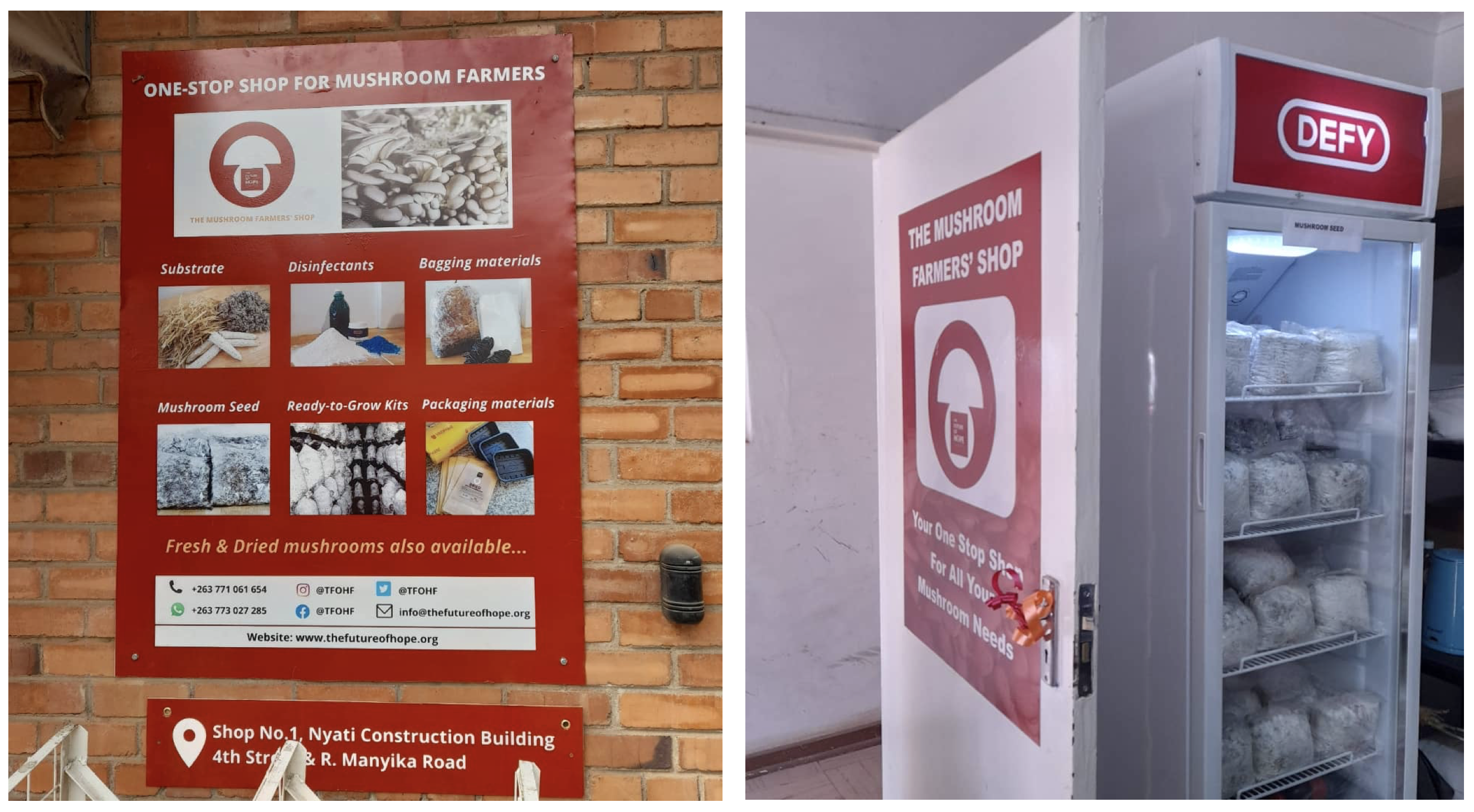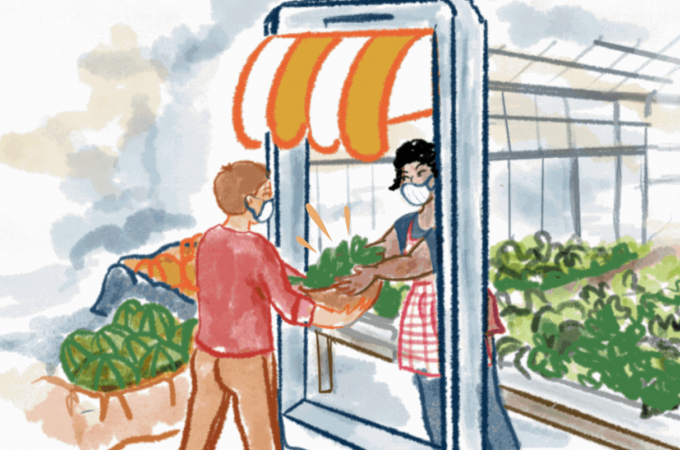It is estimated 35 percent of rural households and 83 percent of urban households in Zimbabwe are food insecure and struggle to buy the food they need. Approximately 90 percent of children and 60 percent women of child-bearing age have no access to adequate nutrition. In addition, the World Food Programme reports that 27 percent of children are stunted. Conventional agriculture is failing to meet demand and research indicates that on average, every hectare of the major cereals cultivated in Zimbabwe produce only 11 percent actual food, with the remaining 89 percent ending up as waste.
